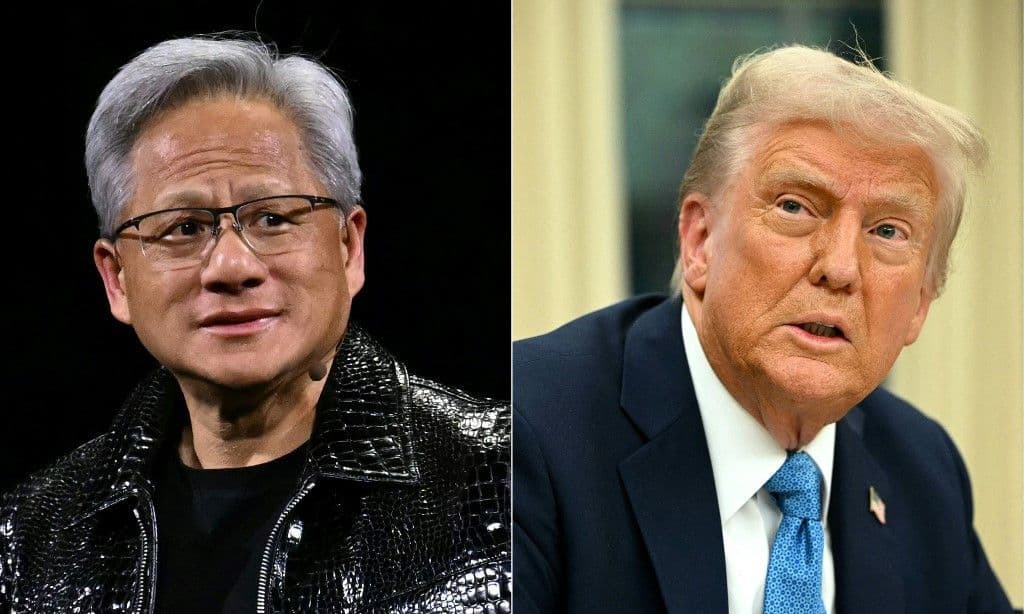Nvidia's Jensen Huang, US-China AI Chip War, and the Battle for Southeast Asia's Tech Future

Wall Street loves a good power play, and Nvidia CEO Jensen Huang just delivered one for the ages in Beijing. His high-stakes negotiations with Chinese officials over AI chip access weren't just diplomatic theater—they could determine whether Asia's AI future is built on American chips or goes fully homegrown. For Southeast Asian investors watching this unfold, it's like seeing two heavyweight boxers size each other up before the main event, with billions in tech investment hanging in the balance.
What Happened: The World's Most Expensive Game of Diplomatic Chess
Here's the breakdown without the corporate speak: Nvidia's CEO flew to Beijing with a shopping list of concessions, hoping Chinese officials would throw him a lifeline as U.S. export controls choke off his company's biggest growth engine. Huang essentially walked into the room saying, "Help us help you"—seeking regulatory clarity, market access, and protection from the black market chip trade that's been booming since Washington tightened the screws.
The response? Beijing gave him the diplomatic equivalent of a polite nod and a firm "thanks, but we're good." Chinese officials doubled down on their "buy local" messaging, actively discouraging companies from purchasing Nvidia's H20 chips (the watered-down versions designed to comply with U.S. rules) in favor of homegrown alternatives from Huawei and Cambricon.
Think of it this way: Huang showed up asking for a partnership, but China's already swiping right on domestic alternatives. The message was clear—we're building our own AI ecosystem, and your export-controlled chips are yesterday's news.
The Deeper Dive: Why This Matters More Than Your Morning Coffee
This isn't just about one company's quarterly earnings. We're watching the formation of parallel AI universes, and the implications stretch far beyond Silicon Valley boardrooms. The numbers tell a brutal story: Nvidia reported a $4.5 billion charge on unsellable inventory and missed out on $2.5 billion in revenue from halted H20 chip sales. That's not pocket change—that's market-moving money.
China's response signals something massive: they're not just adapting to U.S. restrictions—they're using them as rocket fuel for domestic innovation. The proof is in the pudding: Cambricon, China's homegrown AI chip darling, saw its Q1 2025 revenue jump over 4,200% year-on-year. That's not growth—that's an explosion.
Meanwhile, China's planning to build roughly 40 data centers in the Xinjiang desert, powered by over 115,000 Nvidia chips that they technically can't buy. It's like announcing you're building a Ferrari collection while Ferrari's banned from selling to you. The audacity is breathtaking, but so is the determination.
Just one step to unlock the rest of this article
Sign in to read the full article and access exclusive content
✨ Completely free • No credit card required

